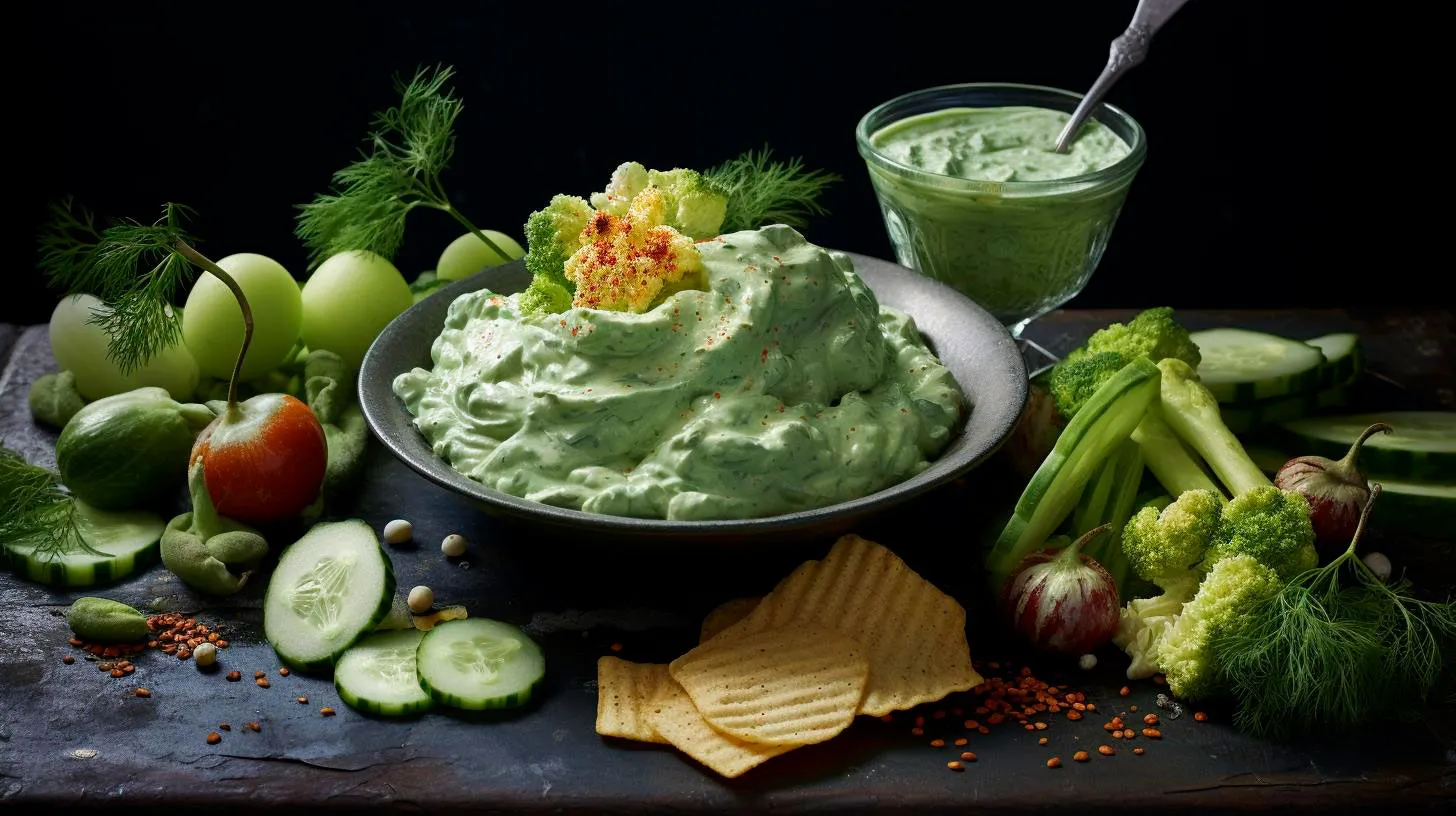In this article, we will explore the sustainable options and practices available for sushi enthusiasts, ensuring a delectable and environmentally friendly dining experience.
Sustainable Sourcing of Fish
The key to enjoying eco-friendly sushi lies in choosing sustainably sourced fish. Overfishing is a major threat to marine ecosystems, and sushi restaurants have a responsibility to ensure their fish is caught ethically and in a manner that preserves marine life. Here are a few sustainable sourcing practices to keep in mind:
- Opt for sushi made from fish caught using sustainable fishing methods such as pole-and-line, handline, or troll fishing. These methods help minimize bycatch and reduce harm to non-targeted species.
- Choose sushi restaurants that support sustainable seafood certifications, such as the Marine Stewardship Council (MSC) or the Aquaculture Stewardship Council (ASC). These certifications guarantee that the fish used in your sushi has been responsibly sourced.
- Consider trying vegetarian or plant-based sushi options. With alternatives like tofu, avocado, or cucumber rolls, you can enjoy a guilt-free sushi experience without any negative impact on marine life.
Reducing Food Waste
Food waste is a significant environmental problem, and sushi is no exception. To ensure a sustainable dining experience, here are some practices and options to minimize food waste:
- Order sushi in moderate quantities to avoid leftovers. It’s better to order more if you’re still hungry than to let excess sushi go to waste.
- Choose sushi restaurants that actively support food donation programs, ensuring leftover sushi is donated to local shelters or food banks.
- Consider participating in “”sushi swaps”” where customers can exchange their uneaten sushi rolls with others, reducing overall food waste.
Eco-Friendly Packaging
Another crucial aspect of sustainable sushi consumption lies in the packaging. Traditional sushi packaging often involves single-use plastic, which contributes to environmental pollution. However, eco-friendly alternatives are increasingly becoming available. Here are some eco-friendly packaging options to look for:
- Opt for sushi restaurants that use biodegradable or compostable packaging materials. These materials break down naturally, reducing their impact on the environment.
- Consider takeaway containers made from plant-based or recycled materials. These alternatives are not only better for the planet but also for your health, as they often lack harmful chemicals found in traditional plastic containers.
- Support sushi restaurants that encourage customers to bring their own reusable containers for takeout. This helps reduce waste and supports a circular economy.
The Benefits of Sustainable Sushi
Choosing sustainable sushi options and practices is not only beneficial for the environment but also for your overall dining experience. Here are some key advantages and takeaways:
- Preserving Marine Ecosystems: By opting for sustainably sourced fish, you contribute to safeguarding marine life and maintaining healthy aquatic ecosystems.
- Supporting Responsible Fishing Communities: Choosing sushi restaurants that prioritize sustainable sourcing helps support fishing communities that rely on ethical fishing practices.
- Enhancing Food Quality: Sushi made from freshly caught and responsibly sourced fish often boasts superior flavor and quality.
- Health and Well-being: Opting for plant-based sushi options can provide additional health benefits, such as increased fiber intake and reduced consumption of mercury commonly found in fish.
The Eco-Friendly Way Forward
In conclusion, enjoying sushi can now be a guilt-free experience by incorporating sustainable options and practices. By choosing sustainably sourced fish, reducing food waste, and advocating for eco-friendly packaging, sushi lovers can actively contribute to the preservation of marine ecosystems. The key takeaways from this article include:
- Opt for sustainably sourced fish and support fishing practices that minimize harm to marine life.
- Minimize food waste by ordering sushi in moderation and supporting food donation programs.
- Choose sushi restaurants that use eco-friendly and biodegradable packaging materials.
- Consider plant-based sushi options for a healthier and more sustainable dining experience.
With these sustainable practices and options in mind, sushi enthusiasts can savor their favorite delicacy while helping protect the planet.



